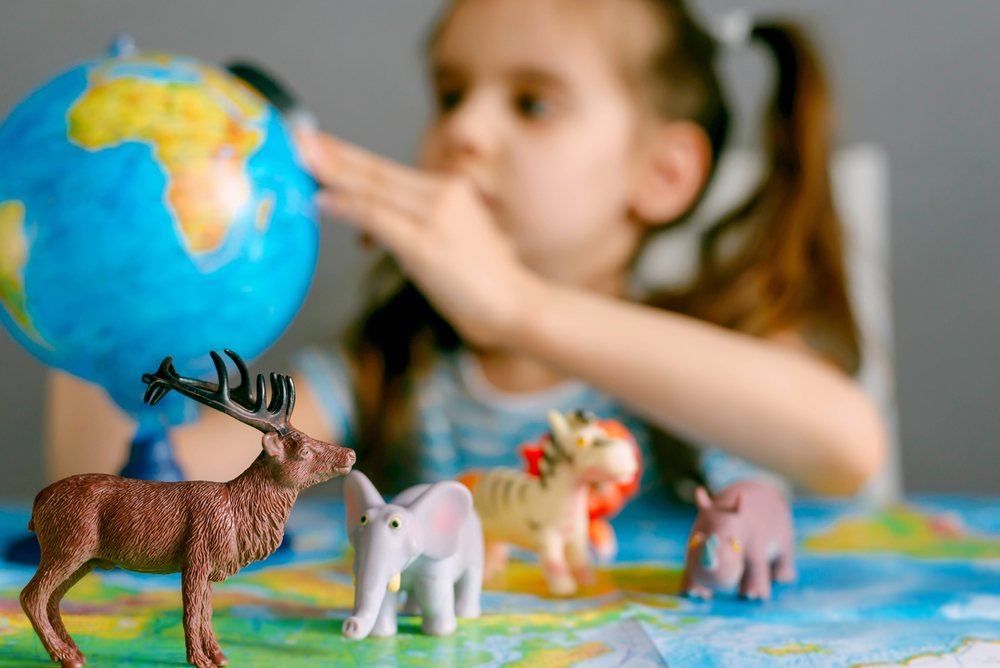Normal Geography Worksheets for Ages 7-9 - Page 2
45 filtered results
-
From - To
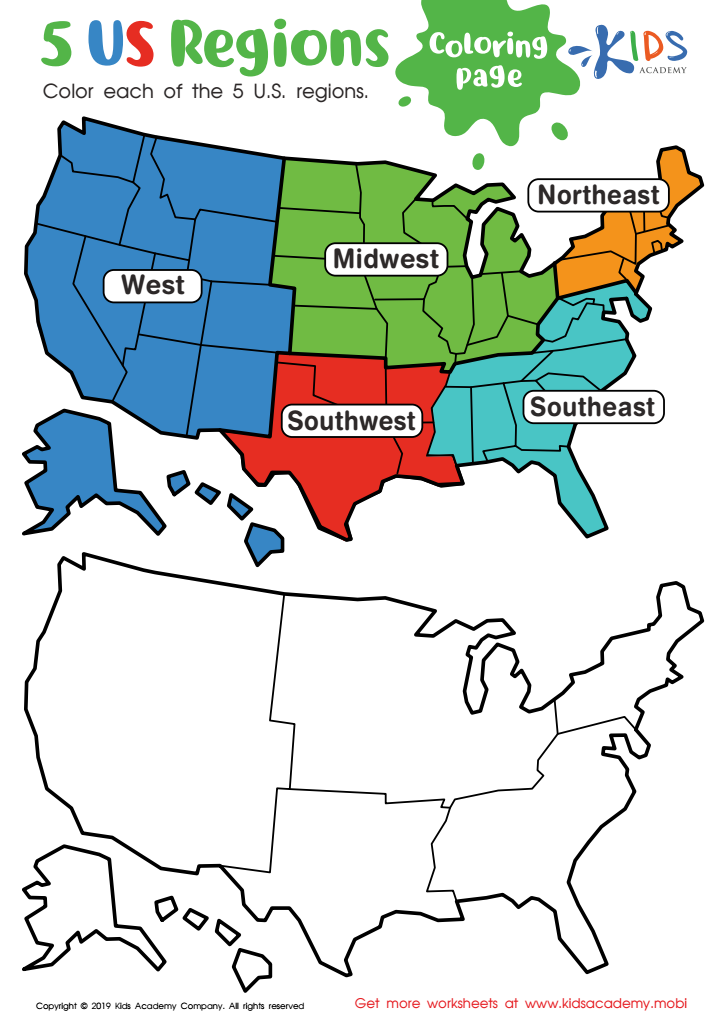

US Regions Coloring Page Worksheet
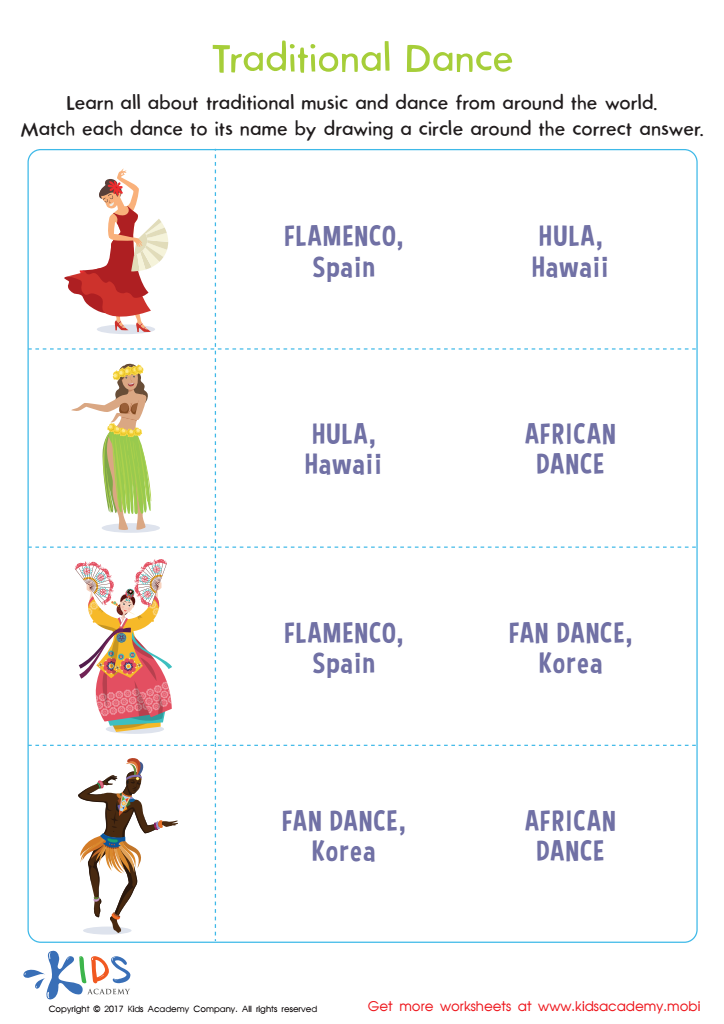

Traditional Dance Printable
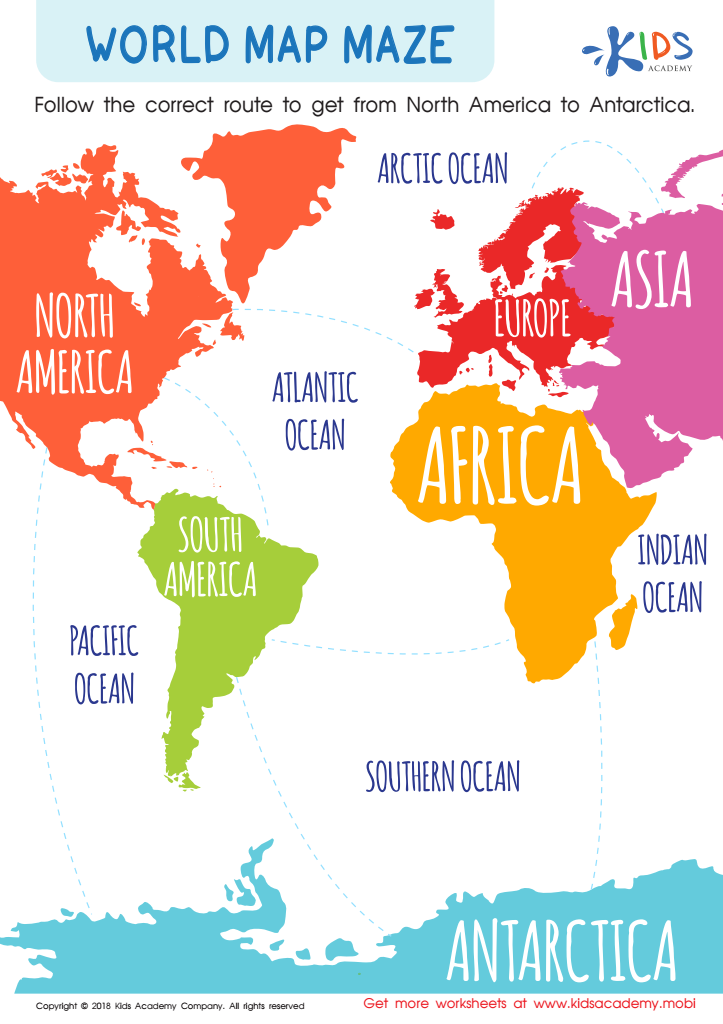

World Map Maze Worksheet
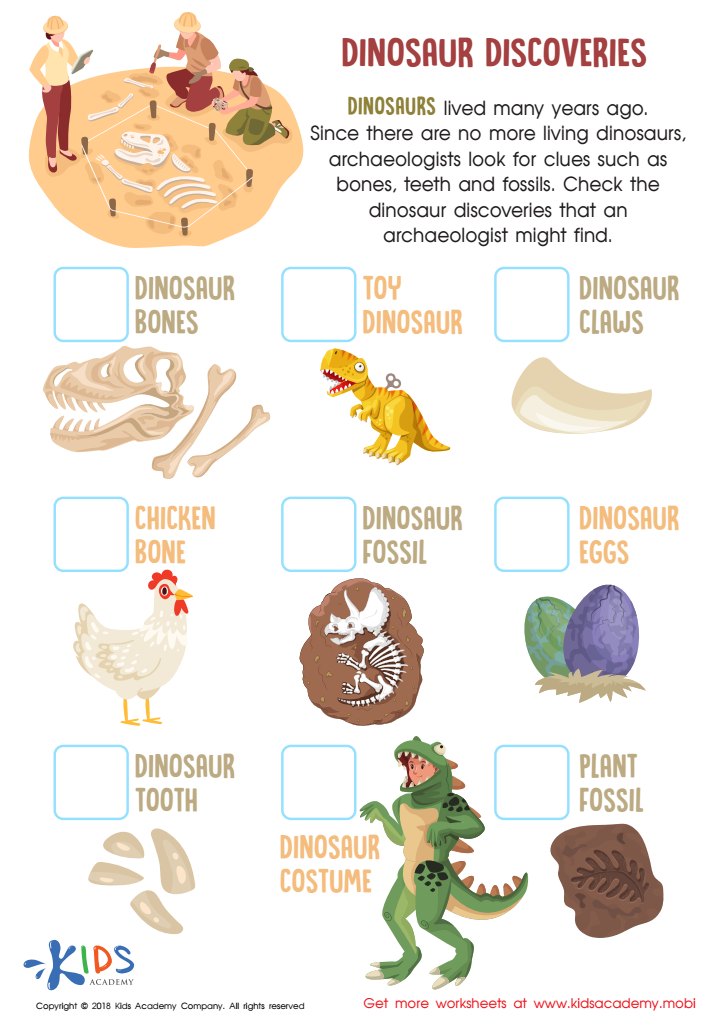

Dinosaur Discoveries Worksheet
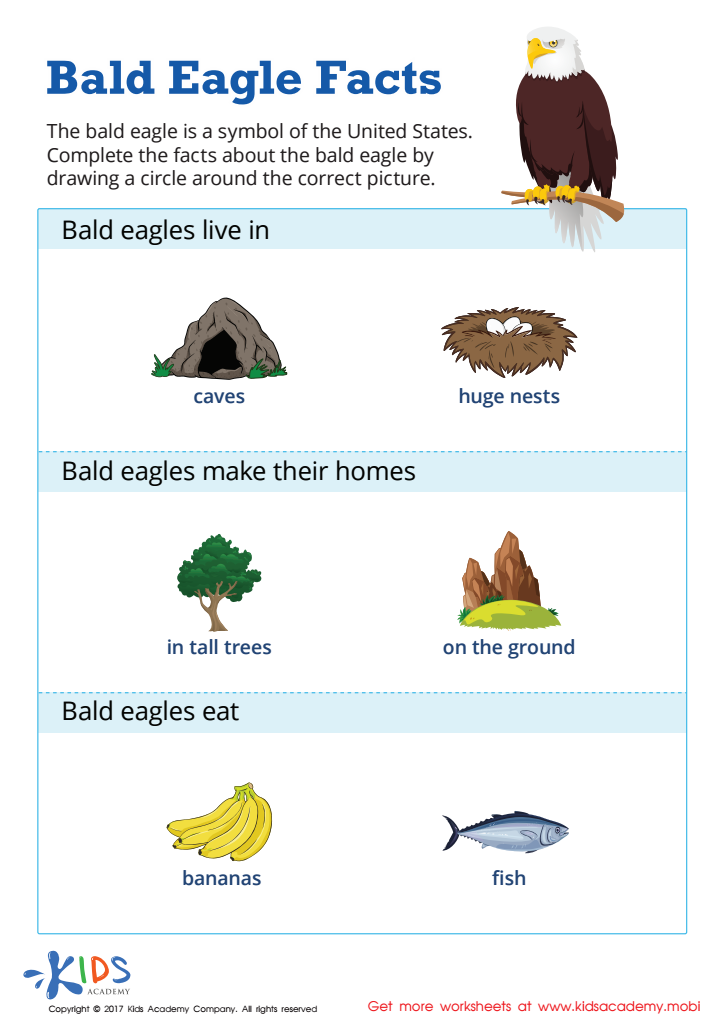

Bald Eagle Facts Worksheet
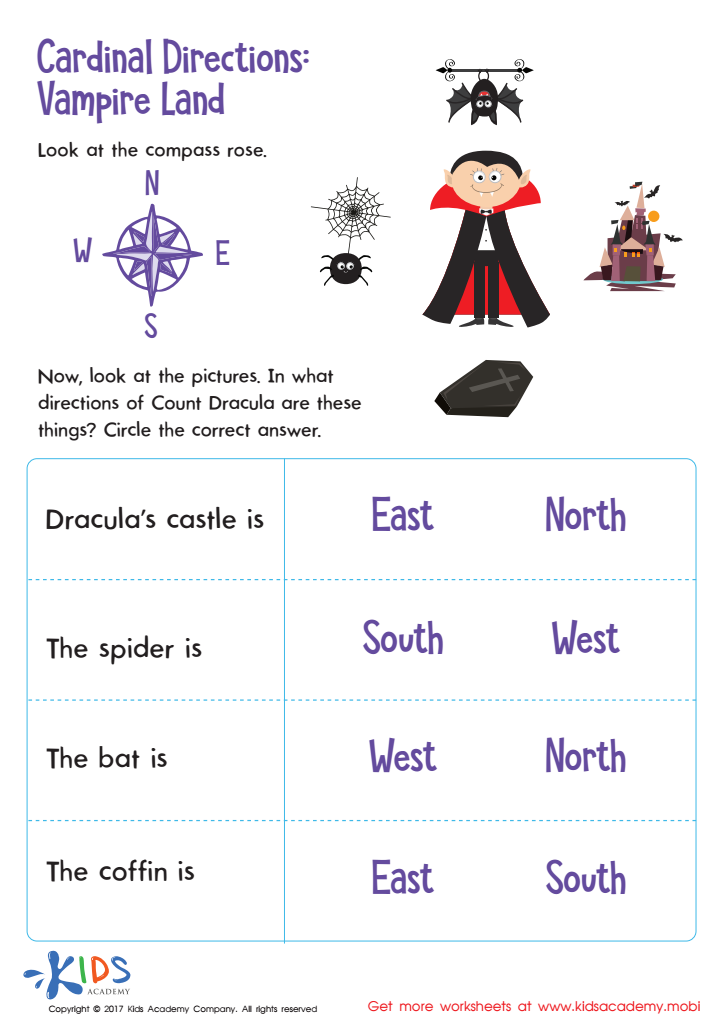

Cardinal Directions Printable
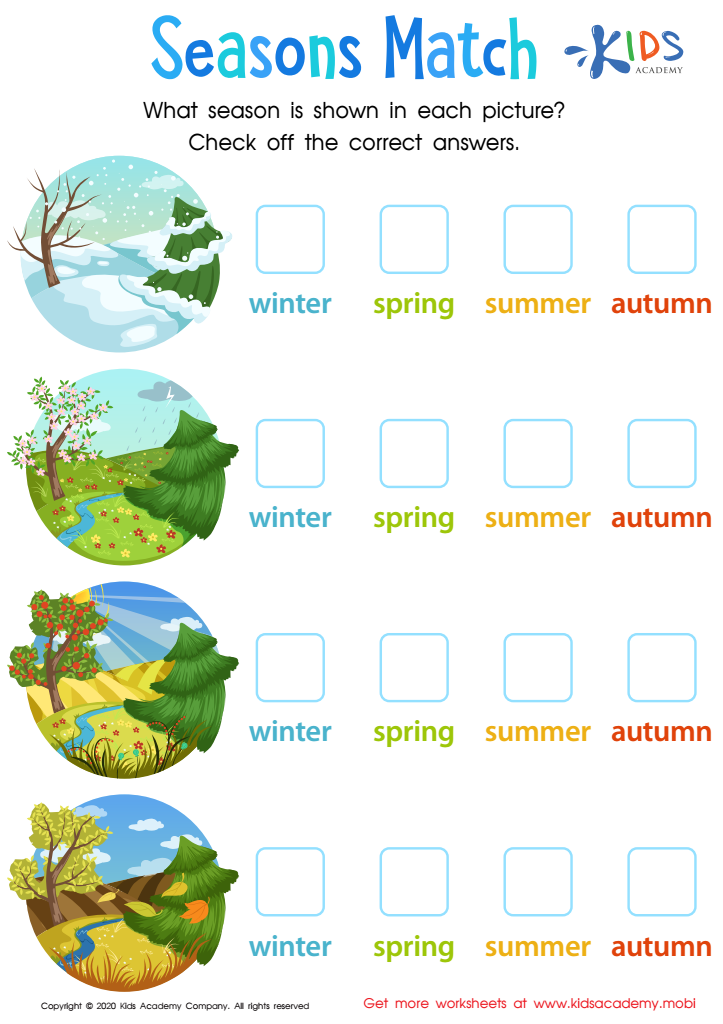

Seasons Match Worksheet
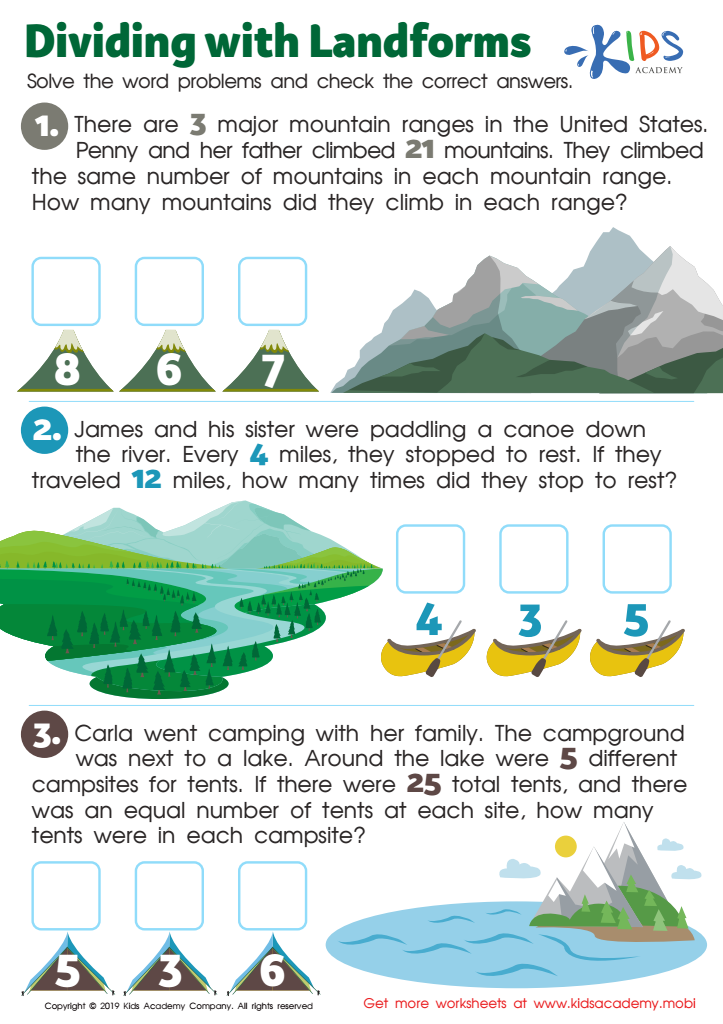

Dividing with Landforms
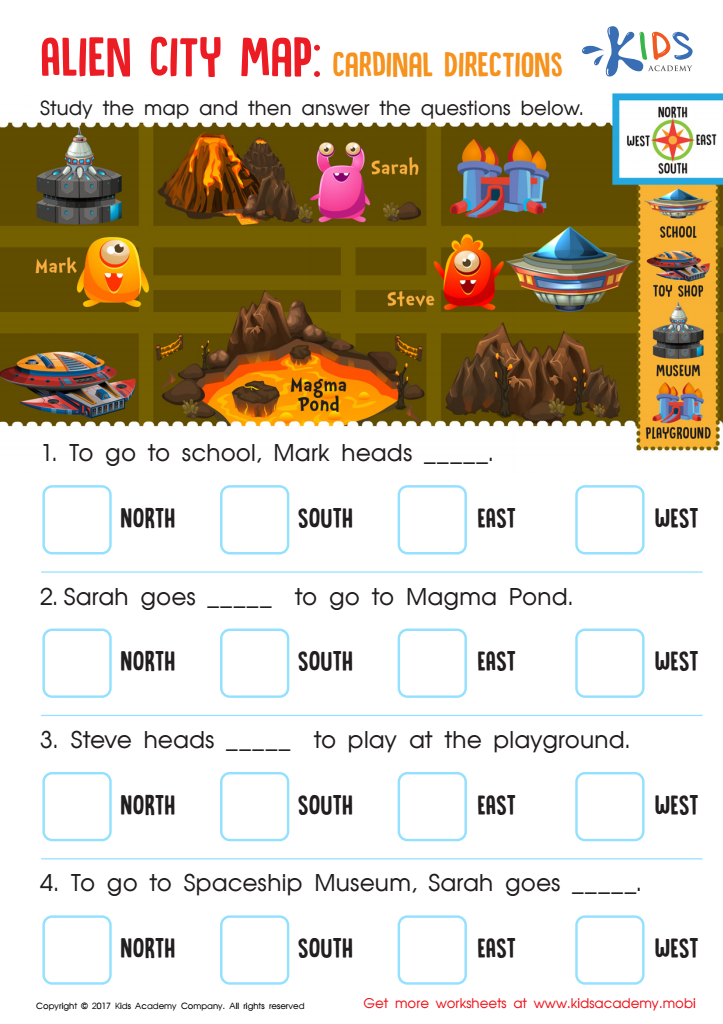

Alien City Map: Cardinal Directions Worksheet
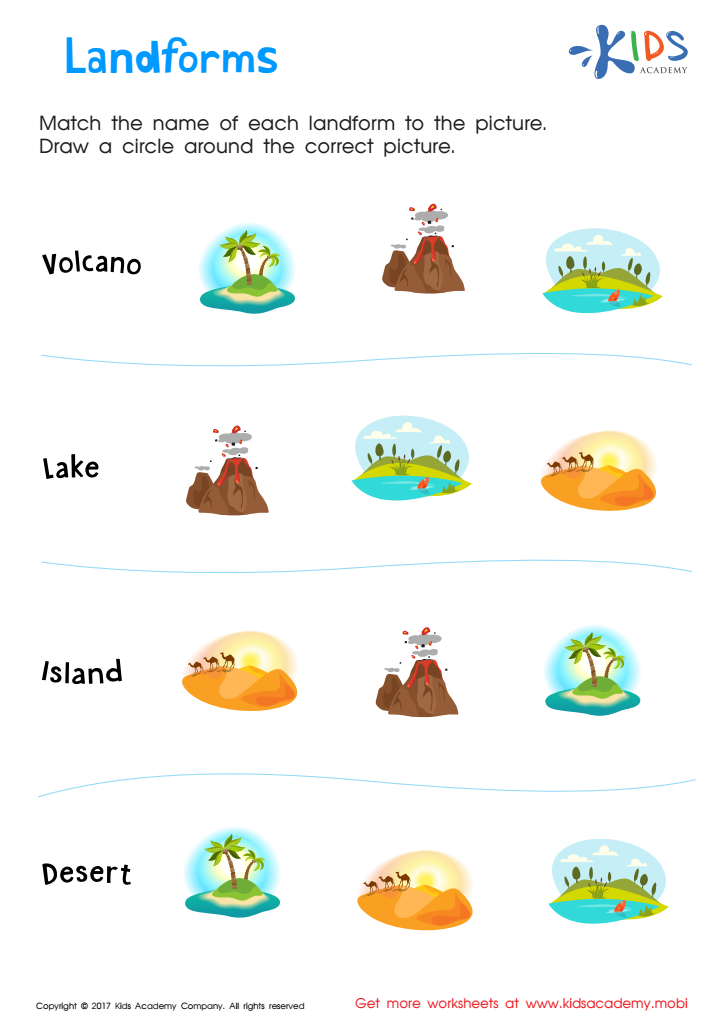

Landforms Printable
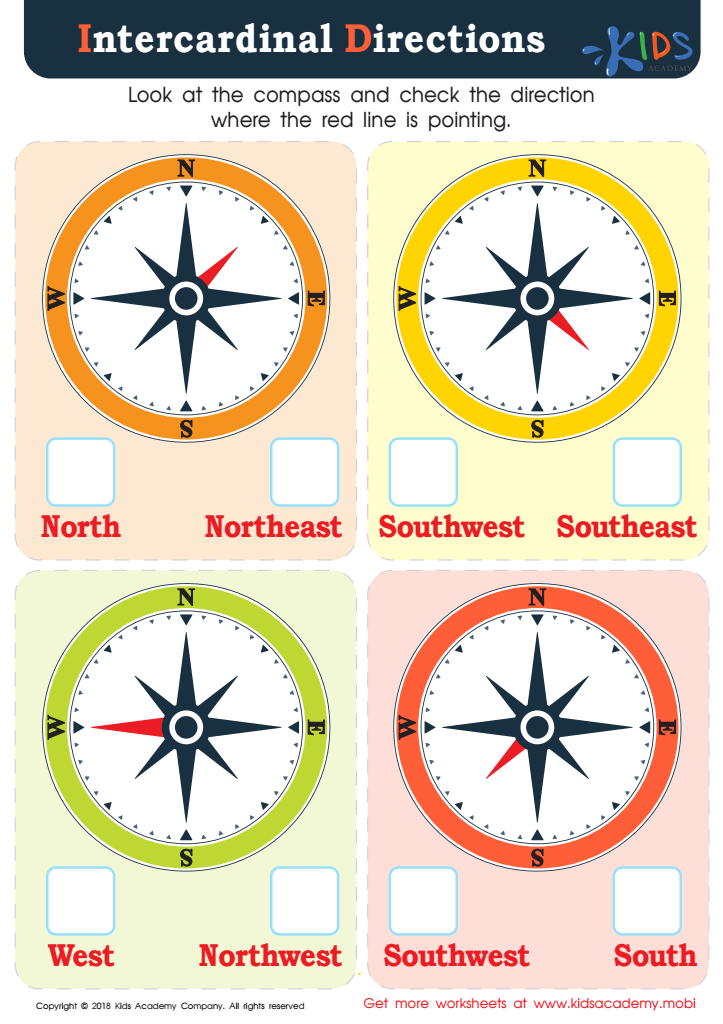

Intercardinal Directions Worksheet
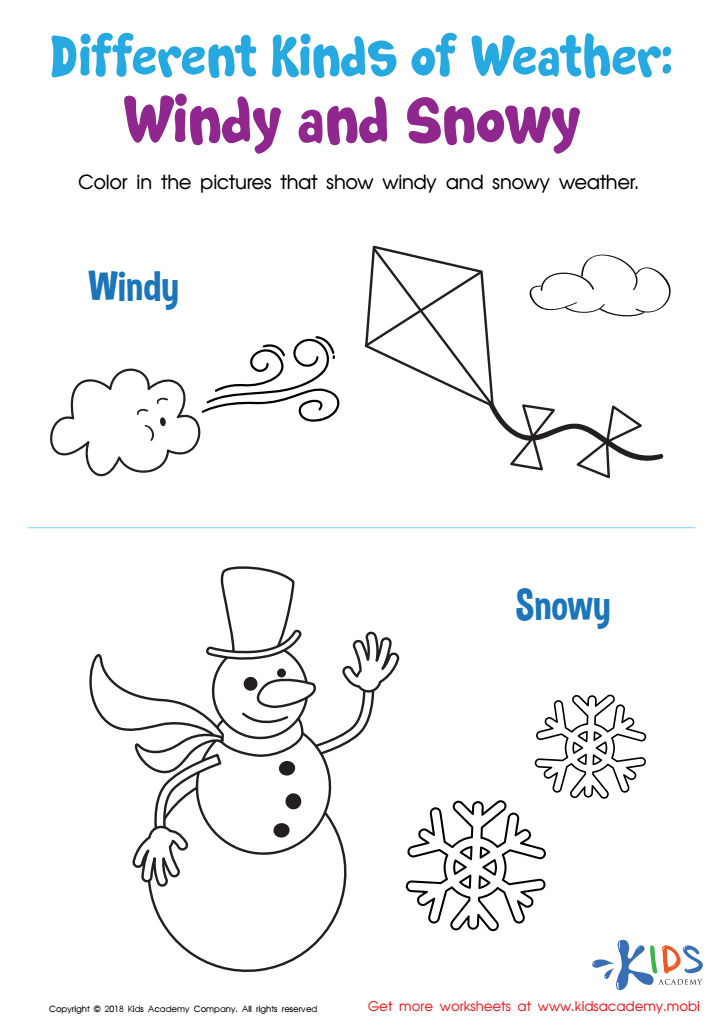

Different Kinds of Weather: Windy and Snowy Worksheet
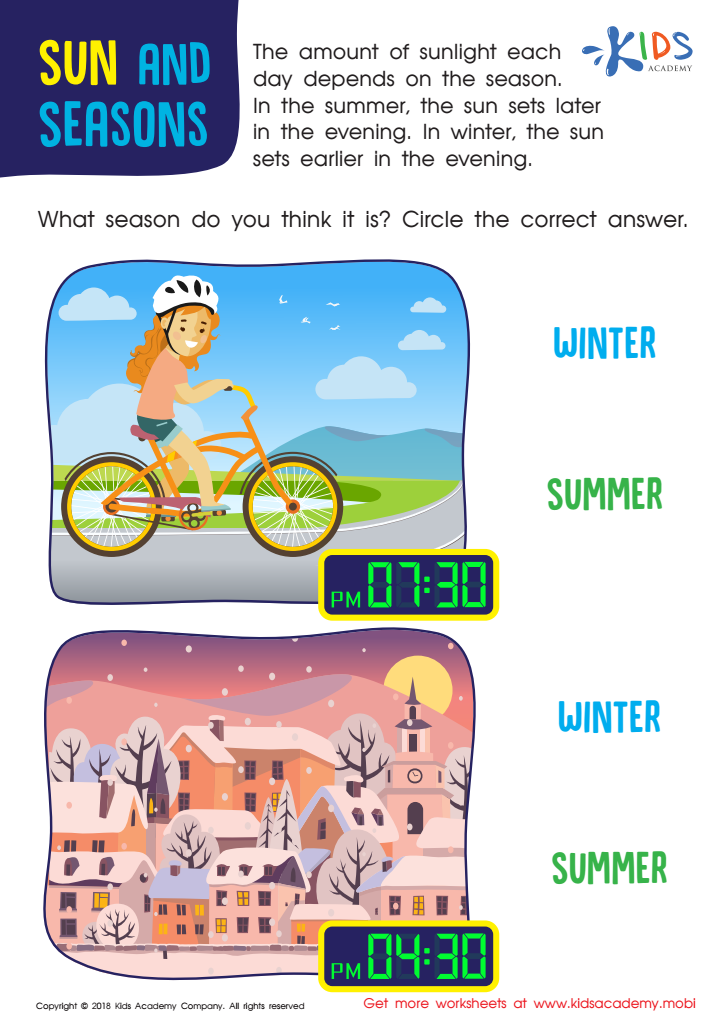

Sun and Seasons Worksheet
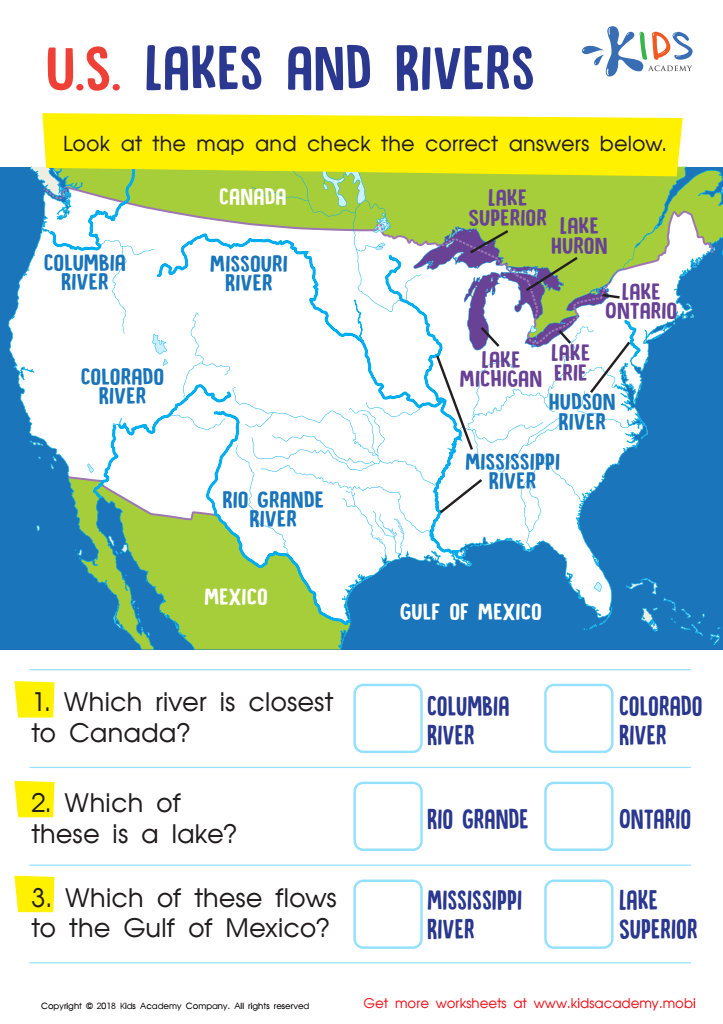

U.S. Lakes and Rivers Worksheet
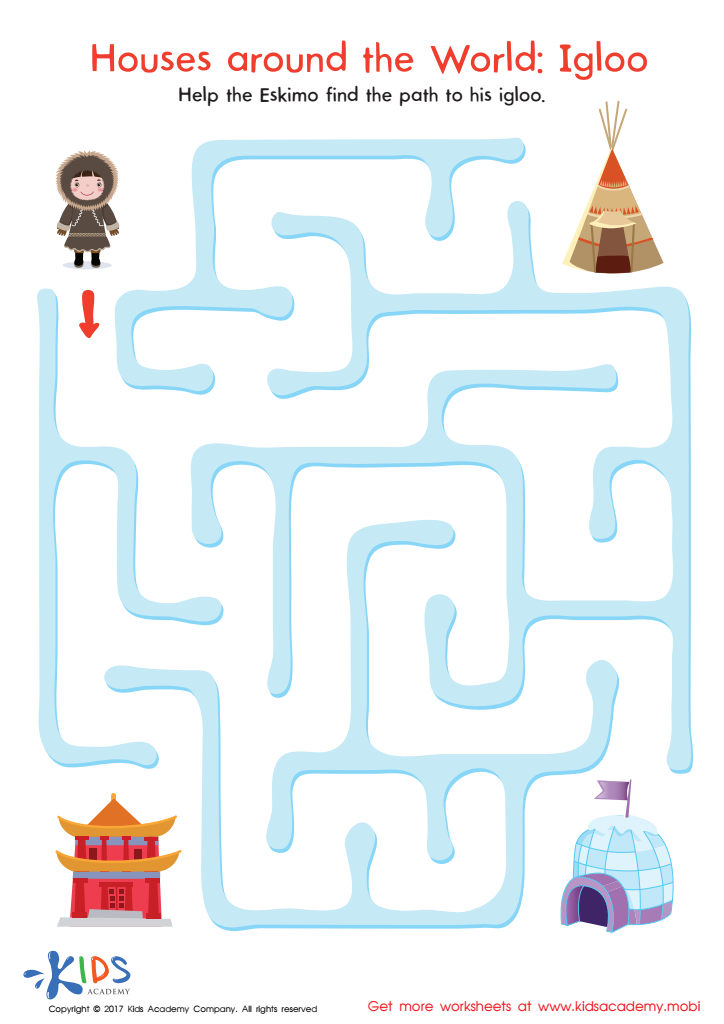

Houses Around the World: Igloo Printable
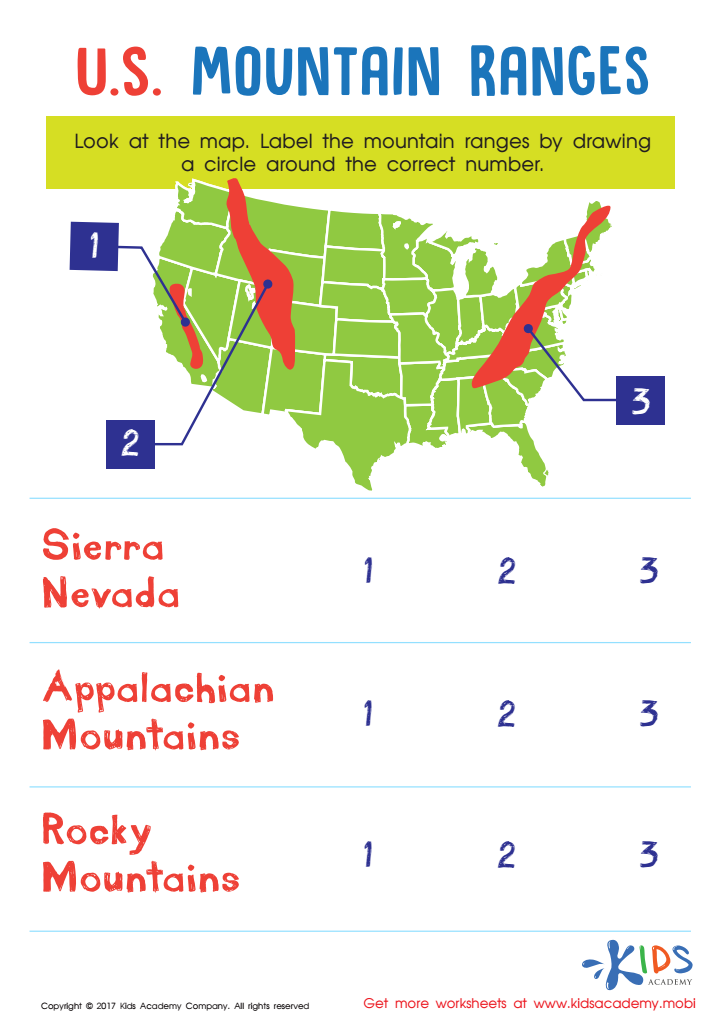

US Mountain Ranges Worksheet
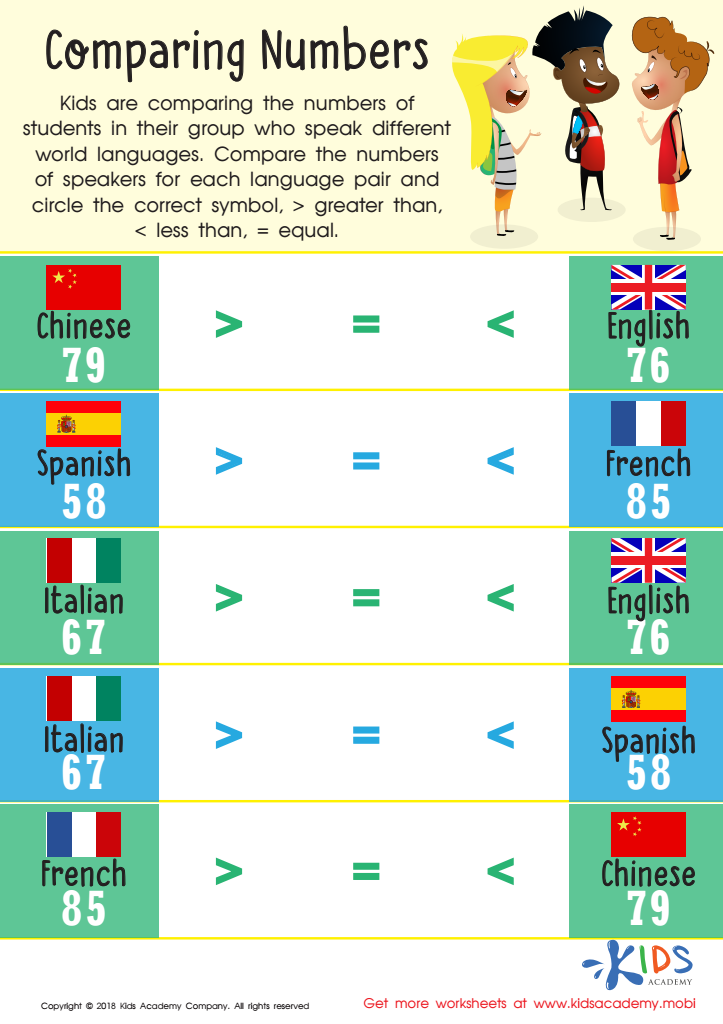

Comparing Numbers Worksheet for 1st Grade
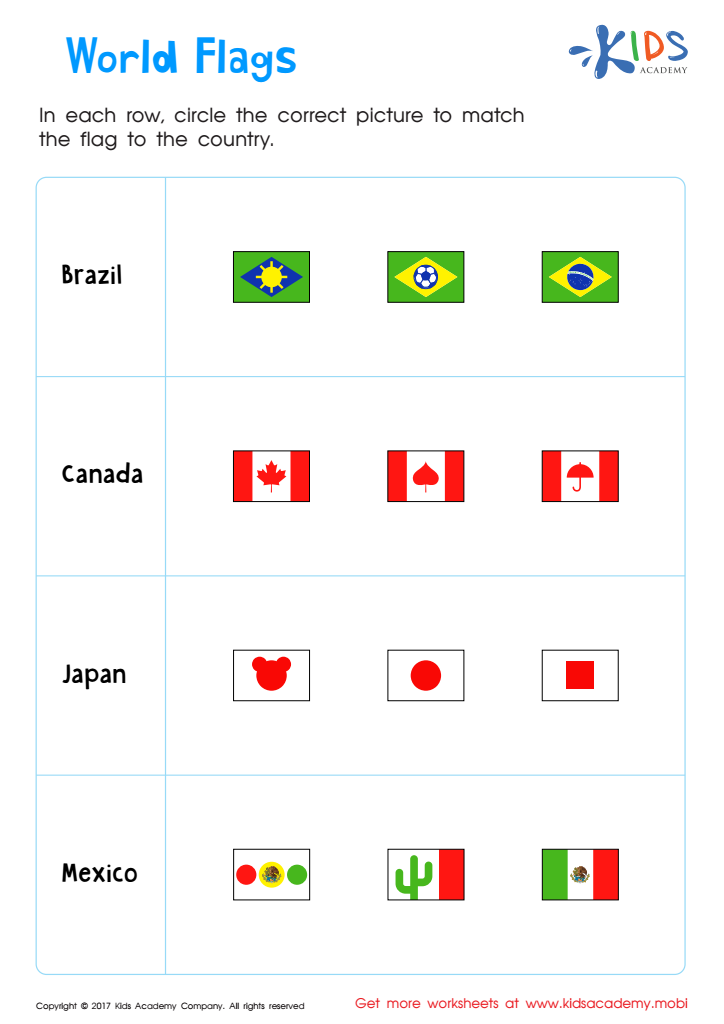

World Flags Printable
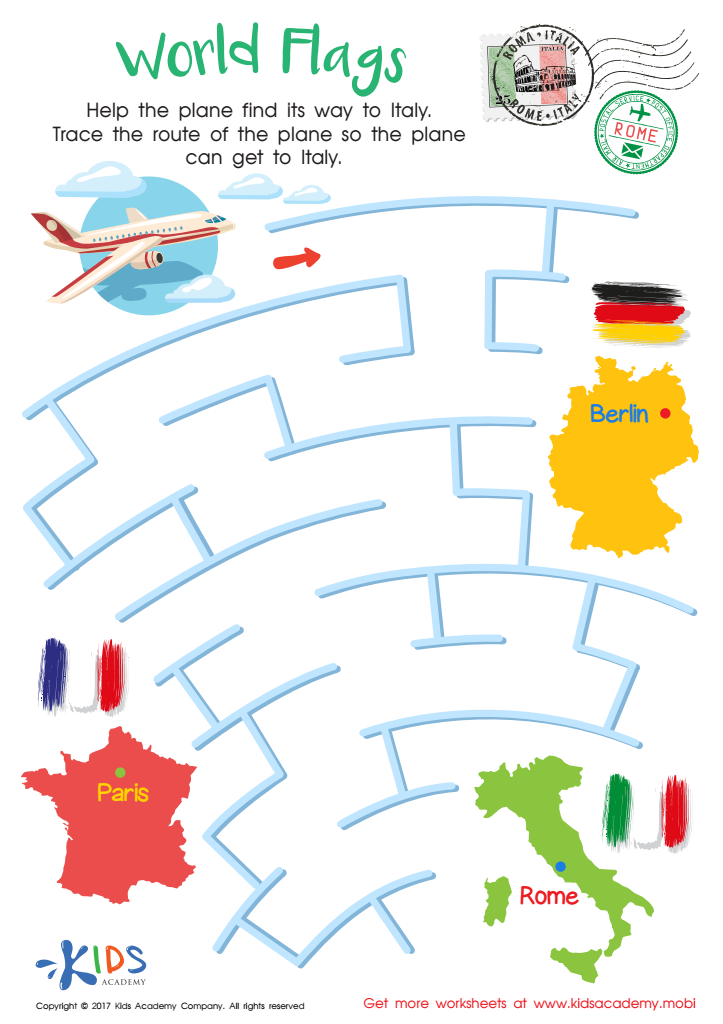

World Flags Maze Worksheet
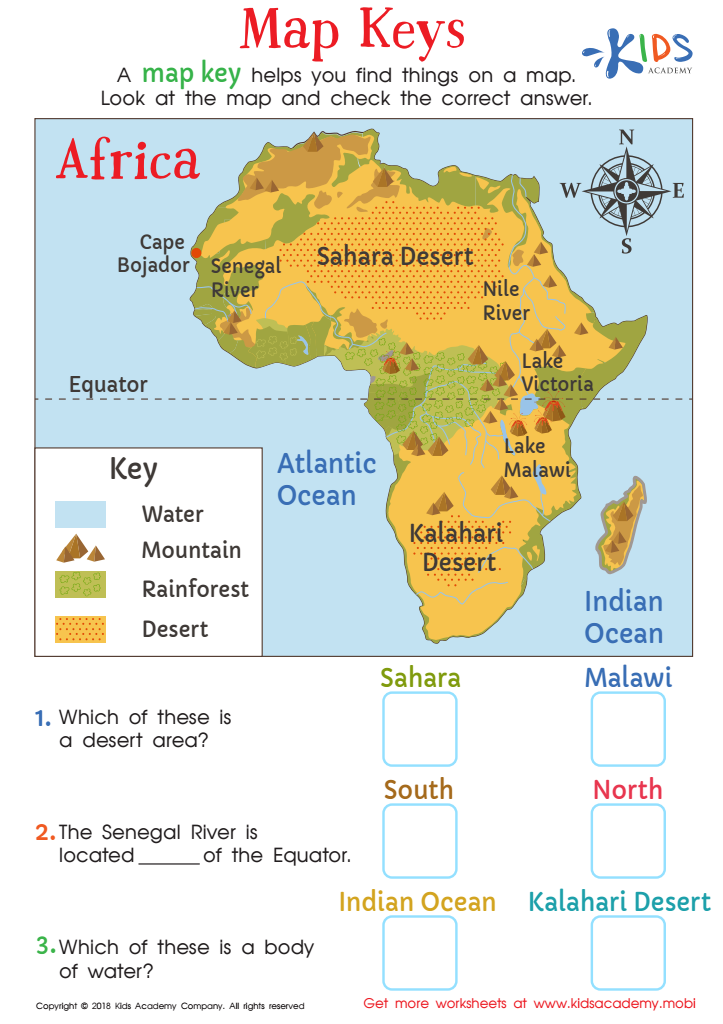

Map Keys Worksheet
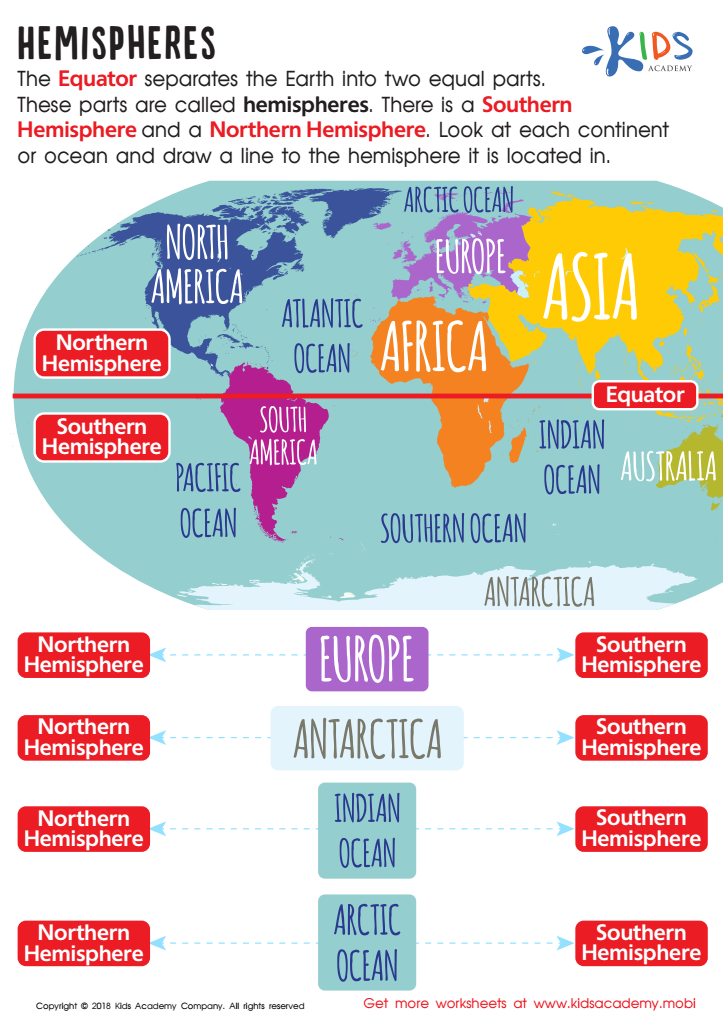

Hemispheres Worksheet
Normal Geography for ages 7-9 is essential for young learners as it ignites curiosity about the world around them. Understanding geography at this age lays a foundation for global awareness, helping children appreciate diverse cultures, environments, and the interconnectedness of their local community with the wider world.
Learning about geography fosters critical thinking and problem-solving skills. When children explore maps, landscapes, and ecosystems, they engage with concepts like spatial awareness and environmental stewardship. This education enhances their ability to interpret data and think analytically about real-world issues, such as climate change or resource management.
Furthermore, geography promotes social studies by encouraging children to form their identities and sense of place. It cultivates empathy and understanding as they learn about different societal structures and practices.
For parents and teachers, incorporating geography into early education is an investment in a child's cognitive and social development, helping to create informed, responsible citizens. By nurturing an early interest in geography, they prepare students to tackle future challenges and celebrate the richness of global diversity. Igniting a passion for discovering how the world works equips children with the tools they need to navigate and contribute positively to society.
 Assign to My Students
Assign to My Students



